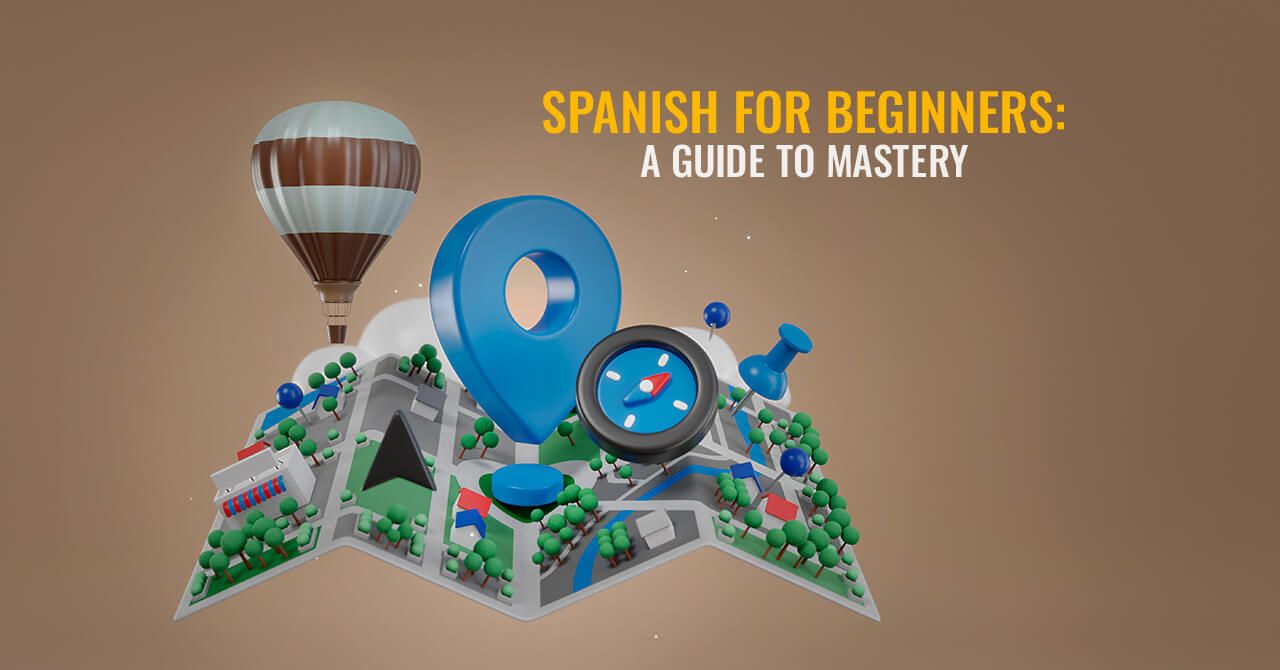
13 Spanish Slang Words and Phrases Explained in English
Spanish is an official language in more than 20 countries, so no wonder that there are a lot of colloquialisms and idioms you should know.
Spanish is an official language in more than 20 countries, so no wonder that there are a lot of colloquialisms and idioms you should know.
Slang Words in Spanish
Mono
Literal meaning: monkey.
Slang meaning: cute/pretty.
Explanation: It is used to express liking, sweetness, and beauty. Be careful when using this word because of its actual meaning!
Ay que bebe tan mono.
What a cute baby.
Mosca
Literal meaning: fly.
Slang meaning: an annoying person.
Explanation: Flies are pretty boring, so it’s no surprise that this slang word is used to describe an annoying person.
¡Ella siempe habla de sus problemas, es una mosca!
She always speaks about her problems, she’s annoying!
Tío/Tía
Litteral meaning: uncle/aunt.
Slang meaning: dude, guy/girl.
Explanation: Slang word refers to a friend or any other person in general. Like “dude,” “bro,” “man,” “mate” in English, Spanish speakers use “tío” or “tía.”
¡Tío, qué bien te ves!
Dude, you look great!
Vale
Litteral meaning: voucher/coupon.
Slang meaning: okay/sure.
Explanation: Means sure, alright, that sounds good, or no problem. You use it to agree with something that’s said. Or to confirm that you understood something and you don’t oppose it. Form of affirmation.
-¿Mañana vamos al cine?
-¡Vale!
-Going to the cinema tomorrow?
-Sure!
Slang phrases in Spanish
Me cae gordo
Literal meaning: I fall fat/It falls fat.
Slang meaning: Something or someone that bothers me.
Explanation: It doesn’t mean that someone is fat! It means that you dislike someone at a first impression. I can’t stand that someone because of some things I noted about that person.
Nuevo novio de mi hermana, me cae gordo.
New boyfriend of my sister bothers me.
Echar una mano
Literal meaning: to throw a hand.
Slang meaning: to help someone out.
Explanation: Also, in English, we have the expression “helping hand.” We give someone a hand, usually to help them stand up when they fall. When someone is in need, we throw him a hand, i.e., we help him somehow.
Tu mama siempre está dispuesta a echar una mano.
Your mum is always ready to help.
Tirar la casa por la ventana
Literal meaning: to throw the house through the window.
Slang meaning: to go all out.
Explanation: To use all your resources for the work you want to do. It is used when we do not want to spare ourselves at any cost in achieving something. To do something with enthusiasm.
Ella tiro la casa por la ventana por su fiesta de cumpleanos.
She went all out for her birthday party.
Dejar plantado
Literal meaning: to plant someone.
Slang meaning: to stand someone up.
Explanation: When we don’t honor an agreement we had with someone. Most often, this happens when it comes to meetings. Same way as the plants can’t move from the place they were planted, the person who is waiting doesn’t want to leave without answers and explanations.
María me dejó plantado ayer porque tenía una emergencia en el trabajo.
Maria stood me up yesterday because she had an emergency at work.
Mala pata
Literal meaning: Bad paw/bad leg.
Slang meaning: Bad luck.
Explanation: When several consecutive accidents or inconveniences occur, a person is said to have a bad paw. It’s just contrary to the belief that a rabbit’s foot brings good luck. Having “mala pata” means you’re carrying bad luck with you.
El chófer cerró la puerta del autobus exactamente cuando ella vino, qué mala pata.
The driver closed the bus door exactly when she came, what a bad luck.
Tomar el pelo
Literal meaning: to grab the hair.
Slang meaning: to pull a leg.
Explanation: To make fun of a person covertly. To play a joke on a person by making them believe something is a lie.
No me tomas el pelo, me voy a enojar.
Don’t pull my leg, I will get angry.
Food-related Spanish slang phrases
Es pan comido
Literal meaning: It’s eaten bread.
Slang meaning: It’s a piece of cake.
Explanation: It is used to express something fairly easy to do and requires no effort whatsoever. Let’s note that here it’s not the bread that will be eaten or that we are eating now, but the one that has already been eaten. We don’t have to make any additional effort.
Para mi, cantar esa cancion es pan comido.
For me, it’s a piece of cake to sing that song.
Ser un trozo de pan
Literal meaning: to be a piece of bread.
Slang meaning: a very good person/good egg.
Explanation: We use this phrase in order to talk about a good or a kind person. Someone whose nature is amiable. It’s funny that in both languages, food items are used to describe positive traits in persons.
Tu amiga es un trozo de pan, me echo la mano cuando mas lo necesitaba.
Your friend is a very good person. She helped me when I needed it the most.
Soltar la sopa
Literal meaning: release/drop the soup.
Slang meaning: spill the beans, spill the tea.
Explanation: Refers to revealing a secret, to share more information than you should have. Just as soup or tea spills. Just as soup or tea is spilled, words are easily spilled without thinking.
Esto era una sorpresa y ahora e soltado la sopa.
This was a surprise, and now you’ve spilled the tea.
Hello! My name is Valentina. Book digesting is my specialty. I transform book ideas into easy-to-follow summaries, articles, study guides, reviews, essays, analyses, slides, or e-books.

